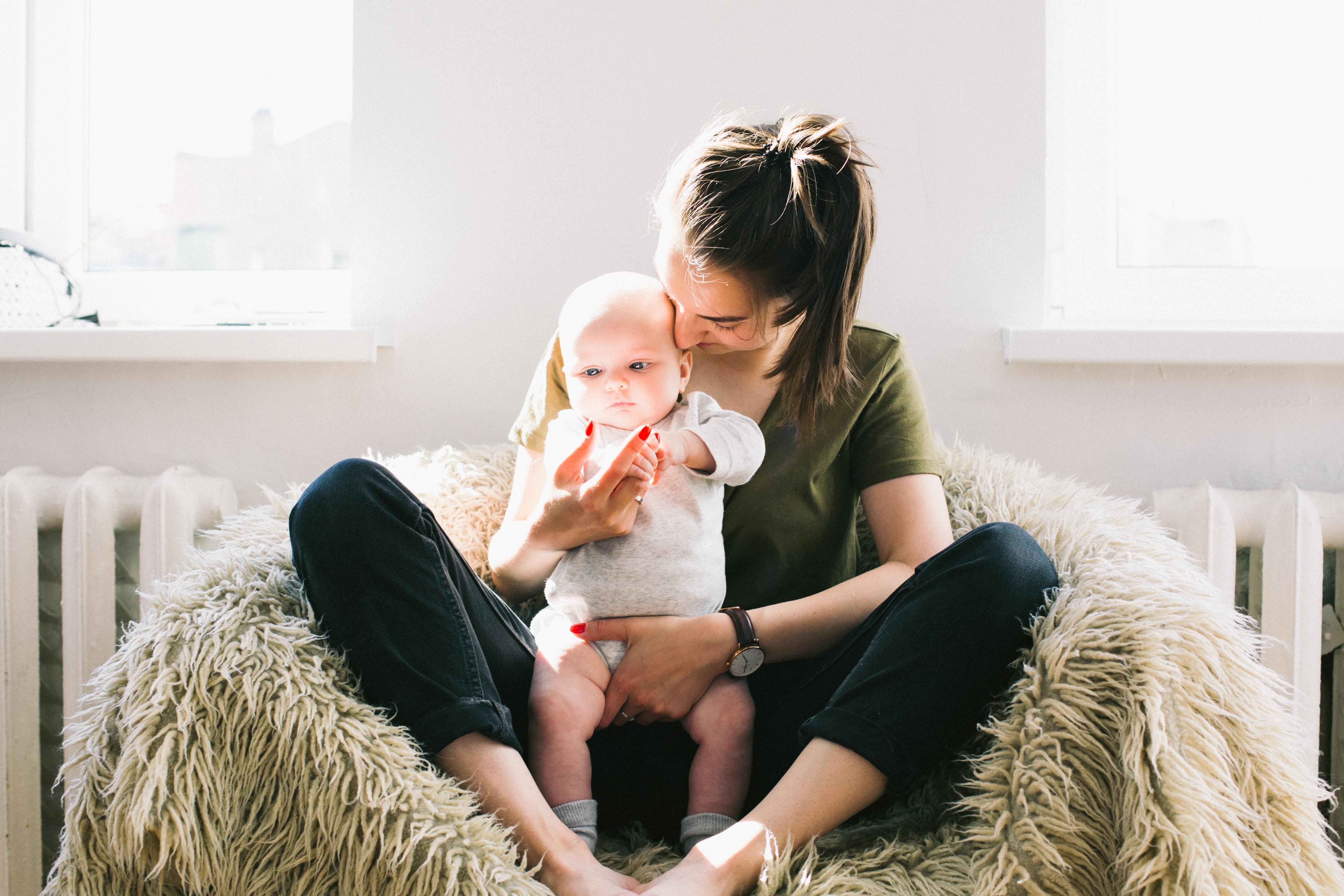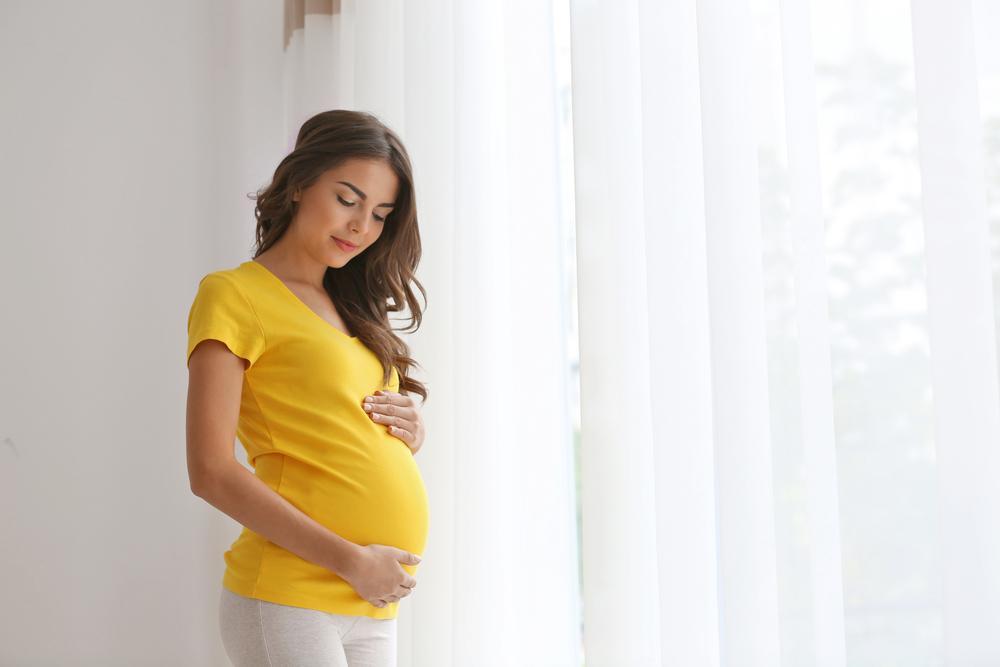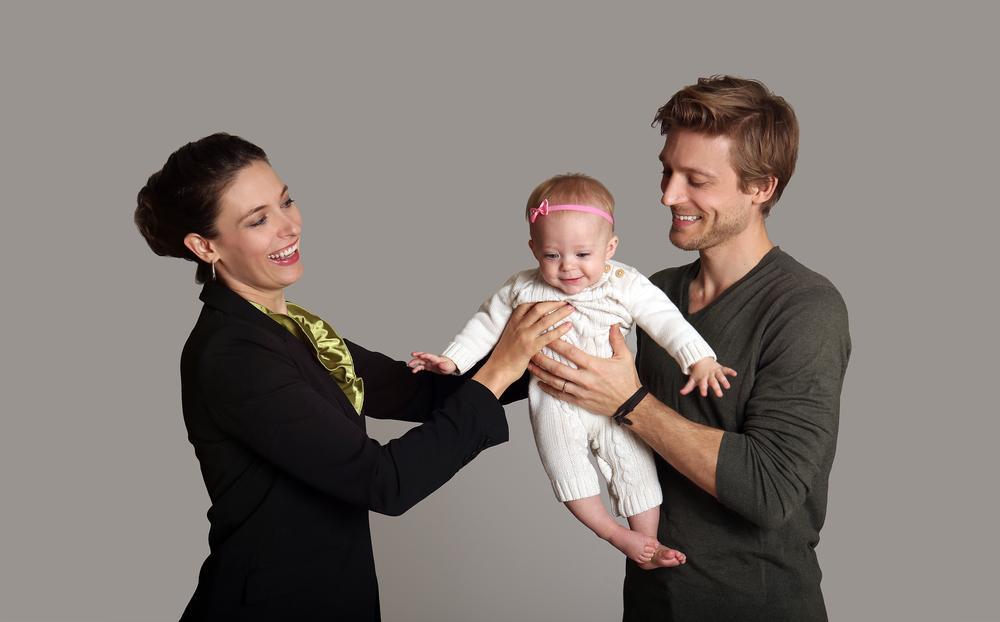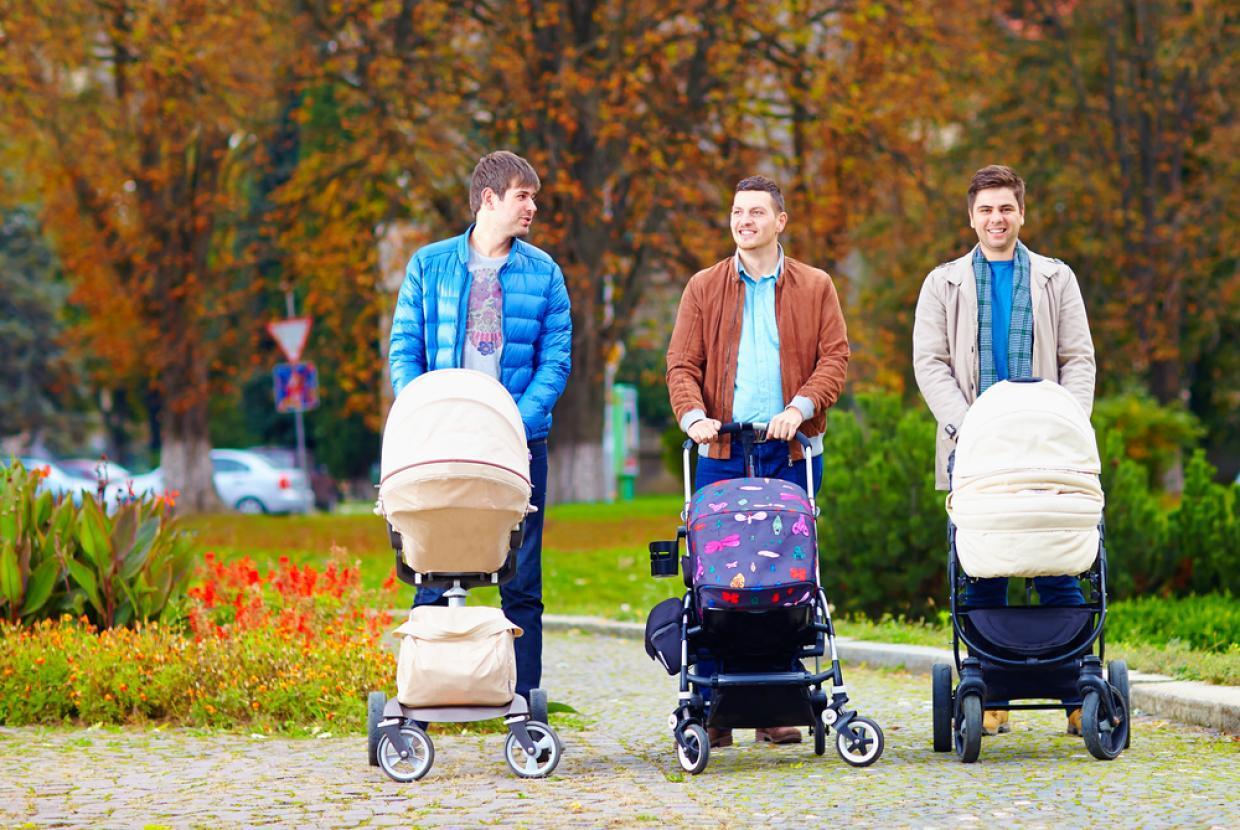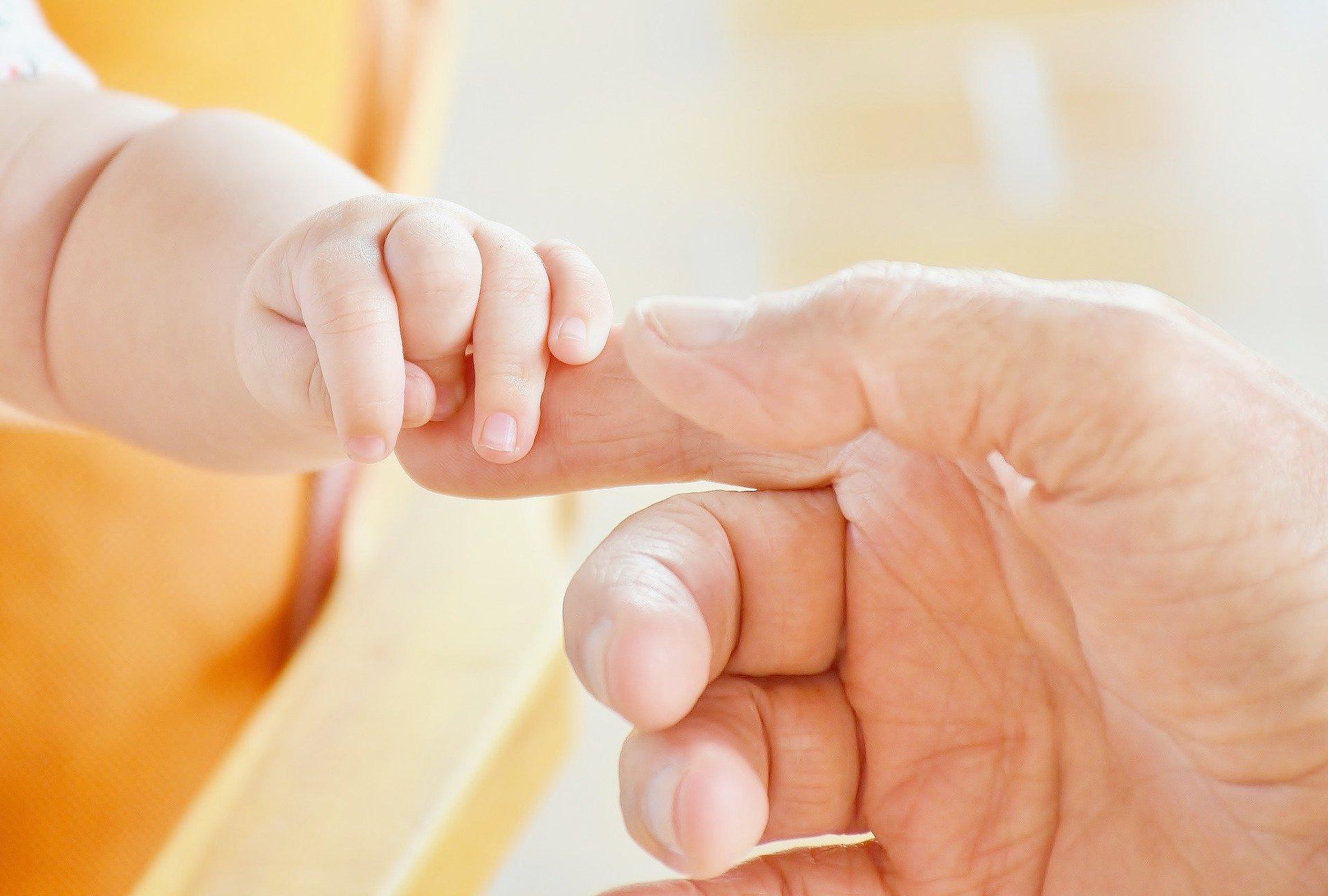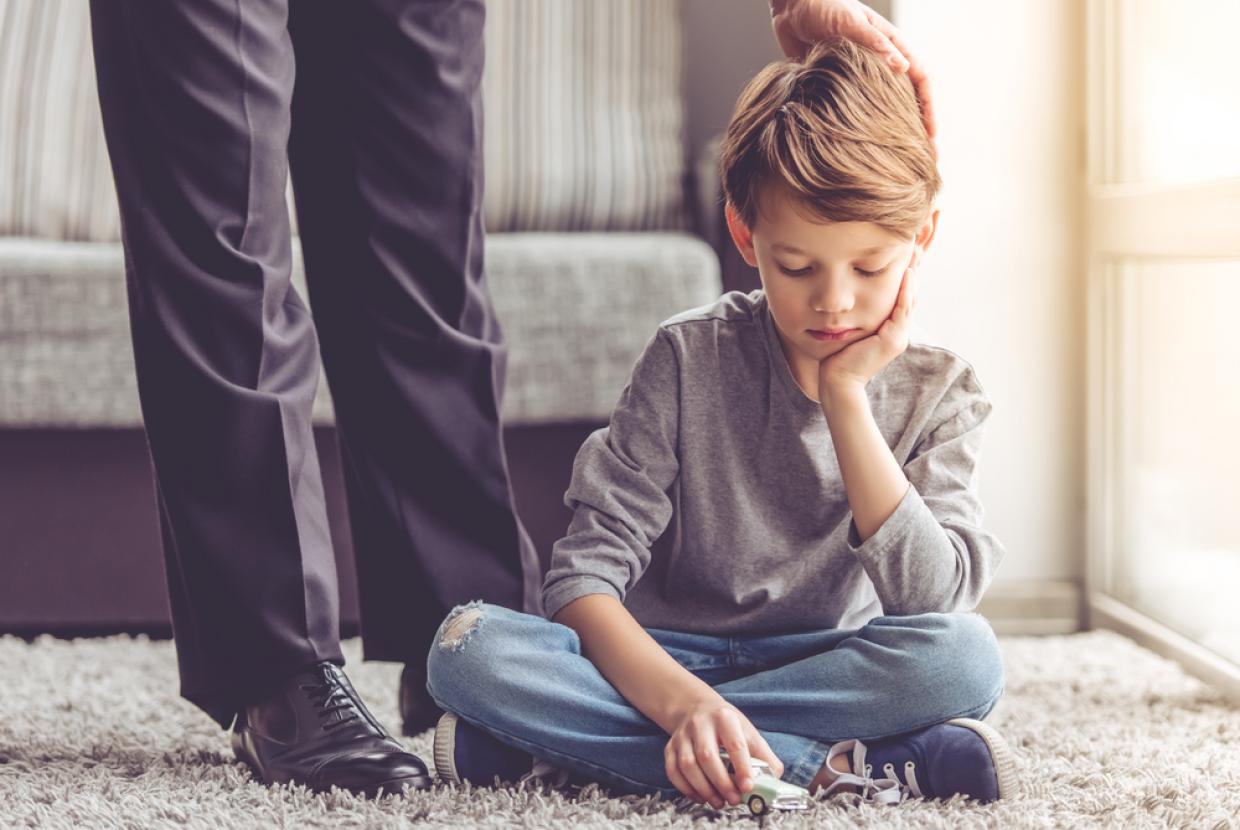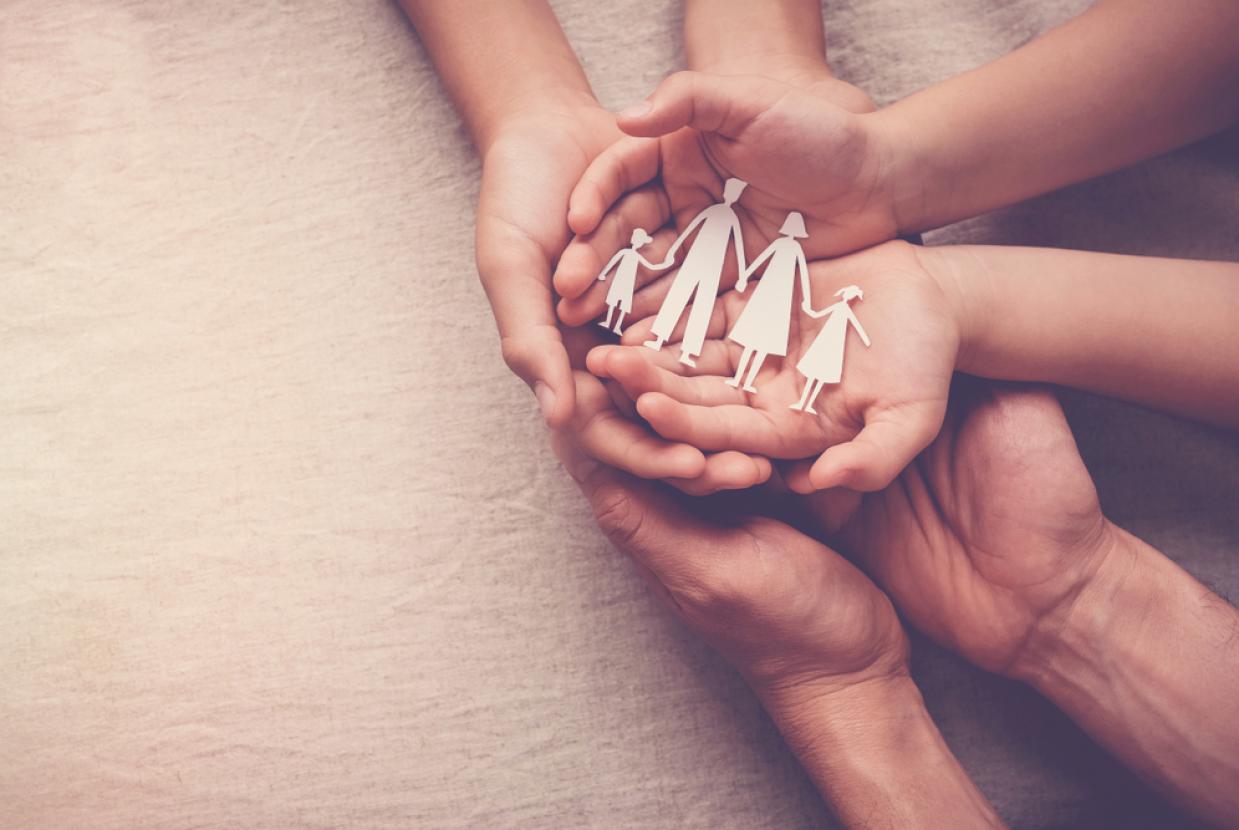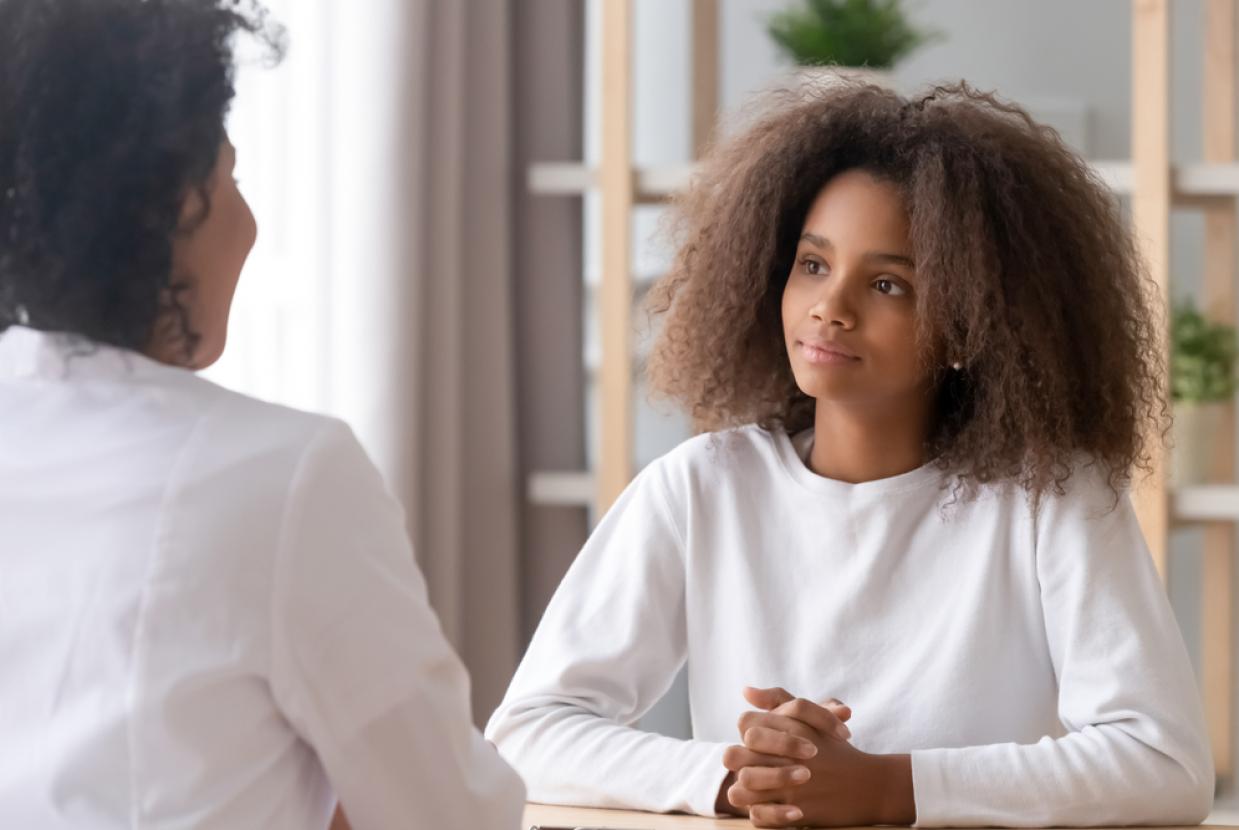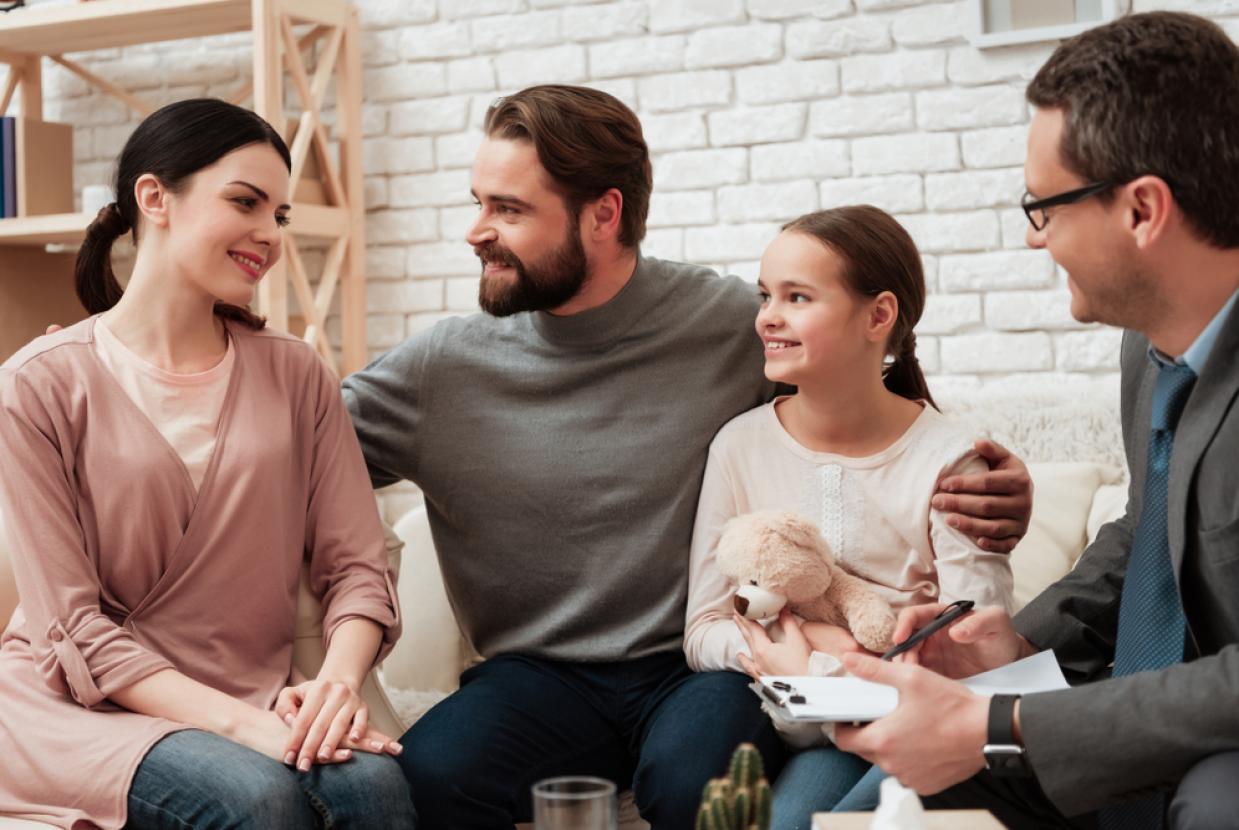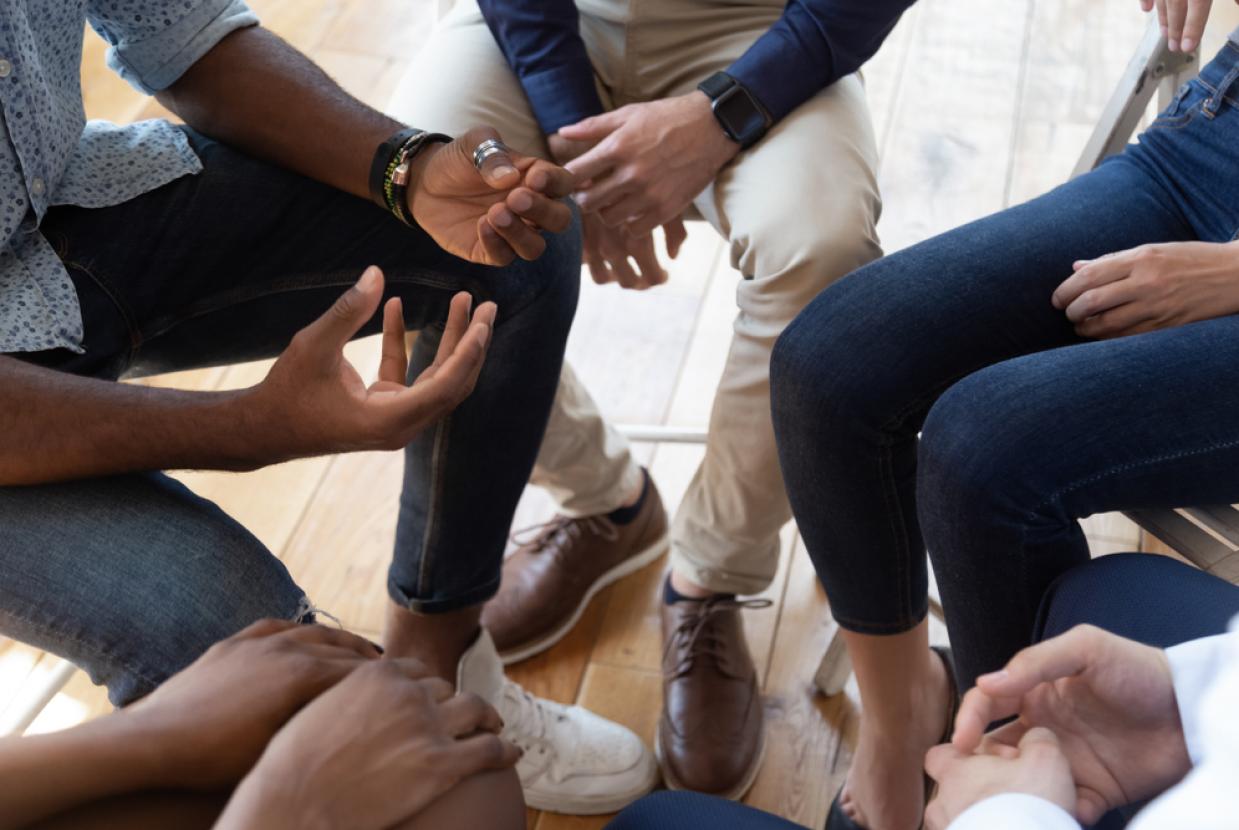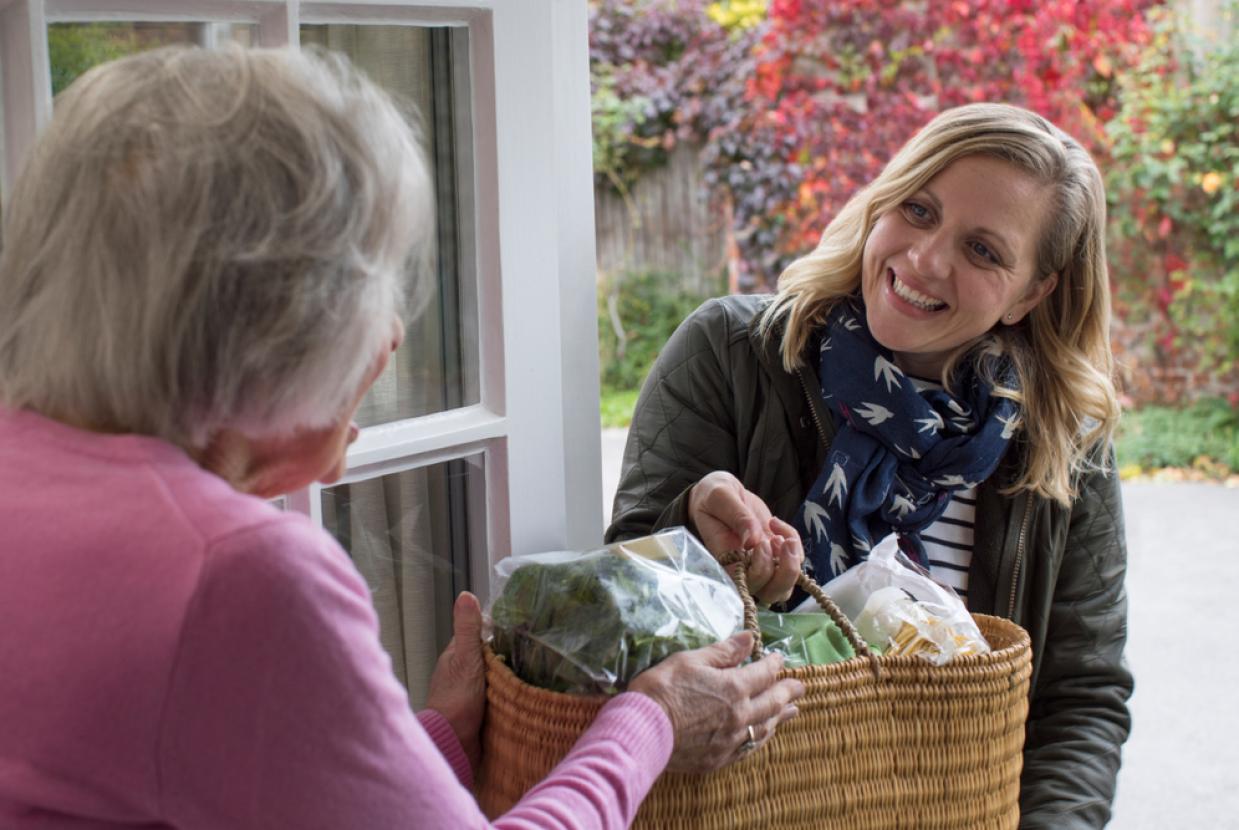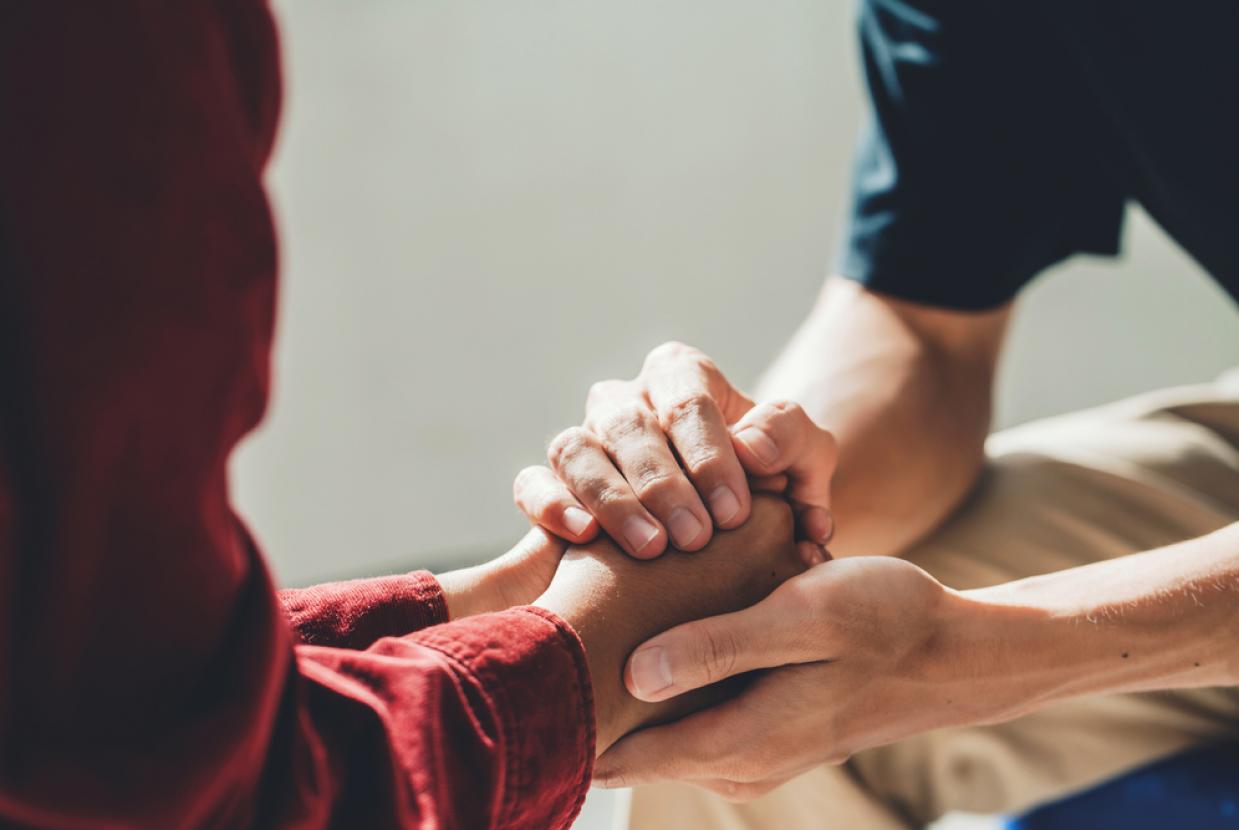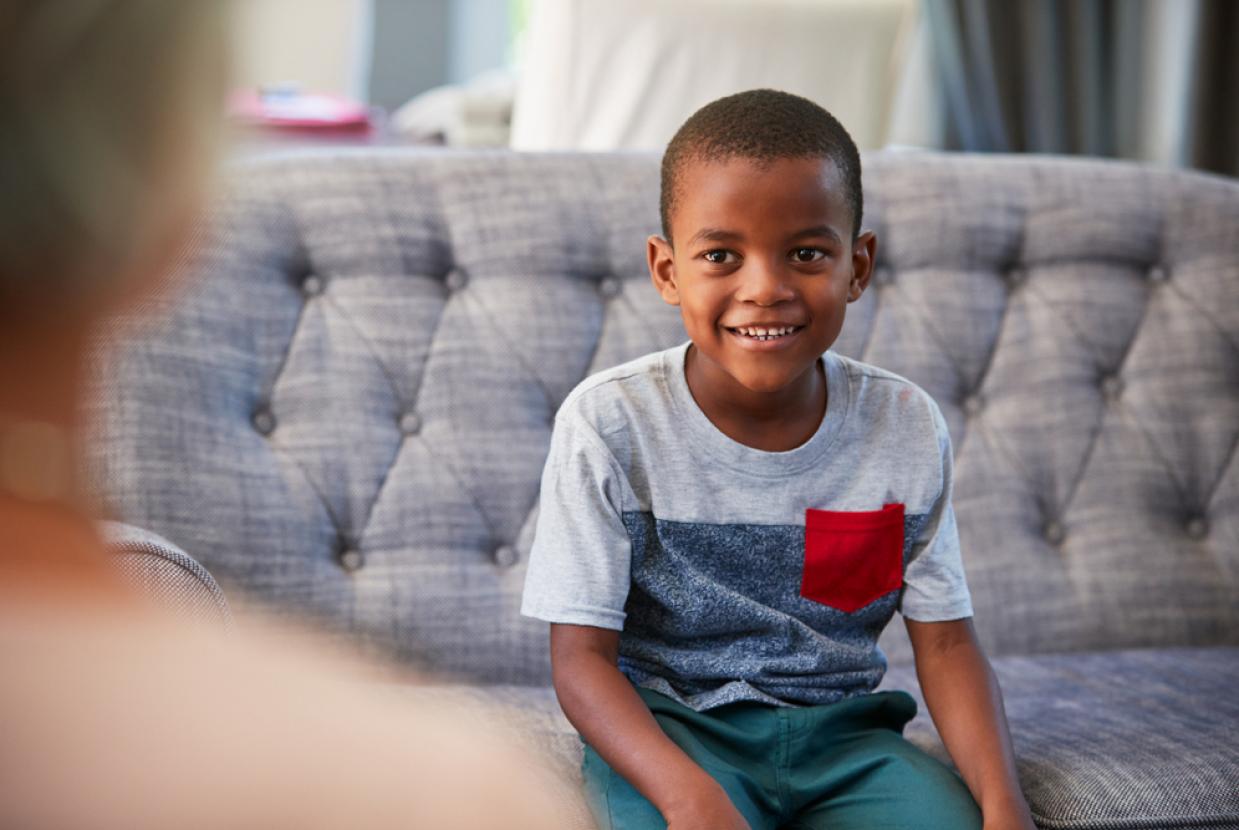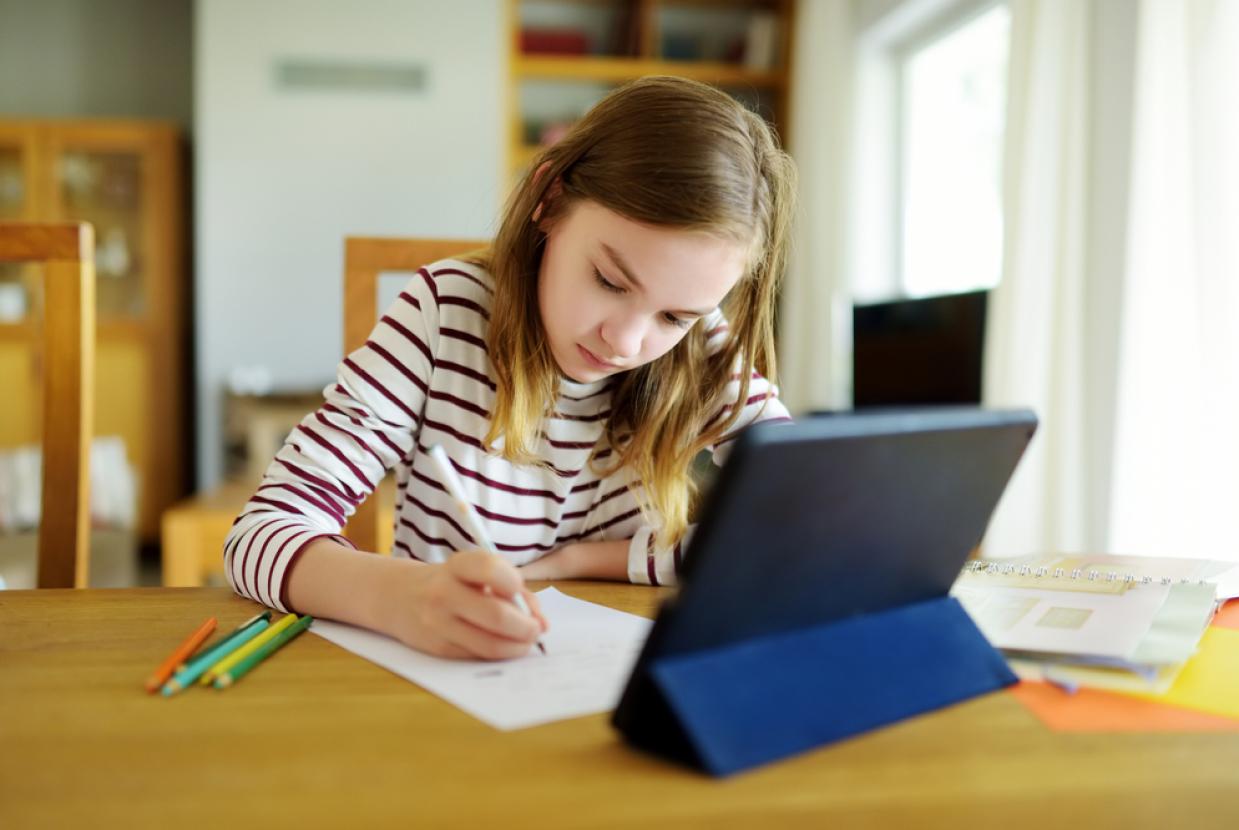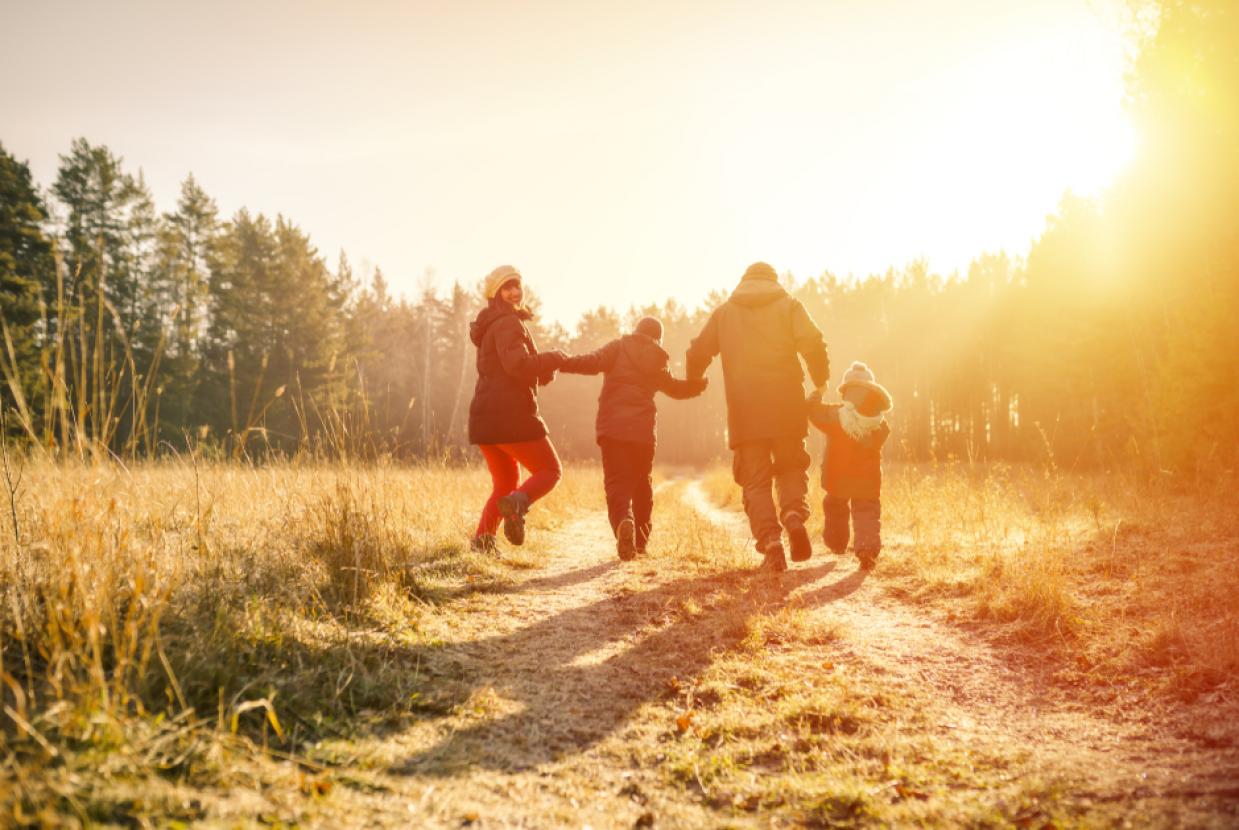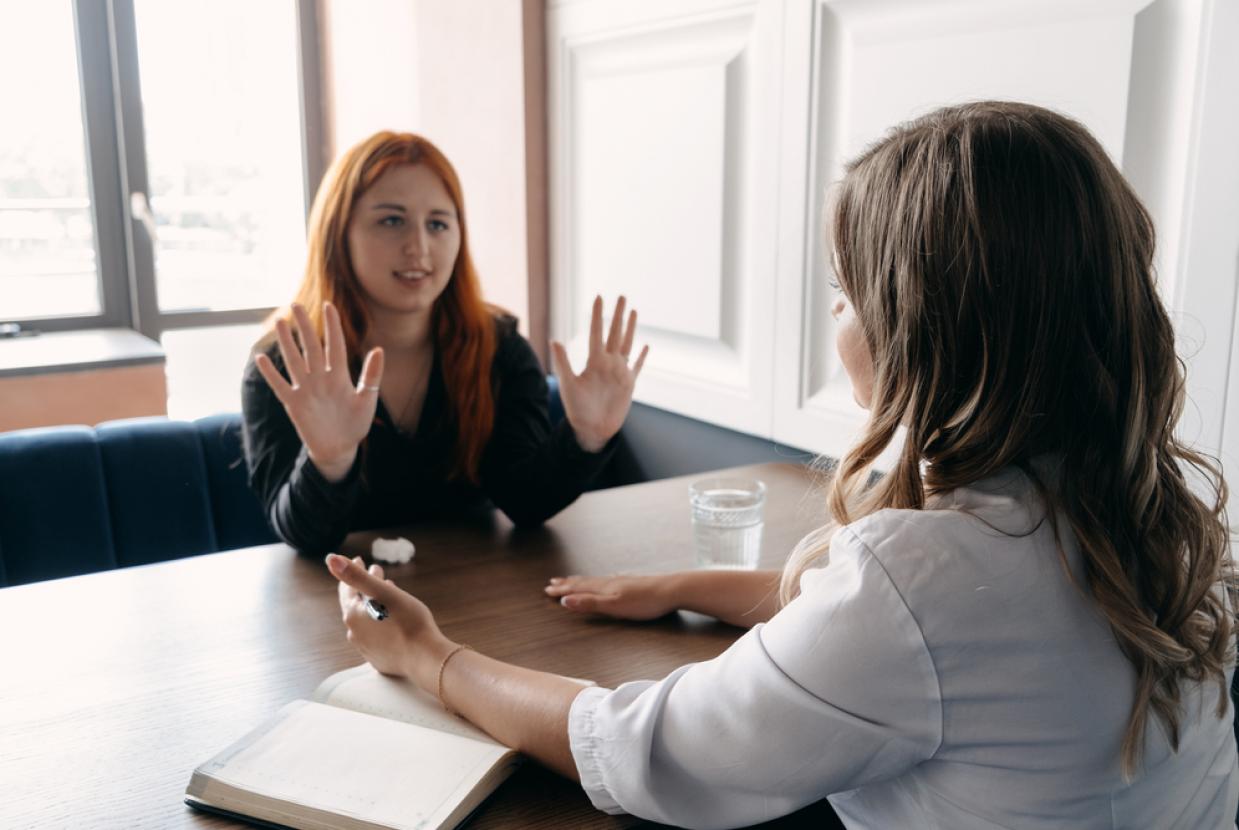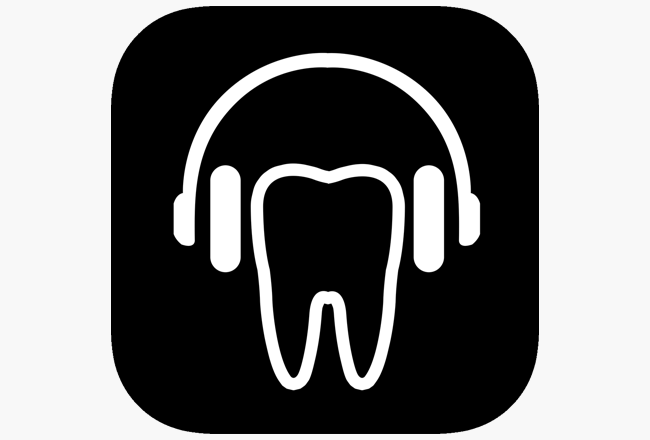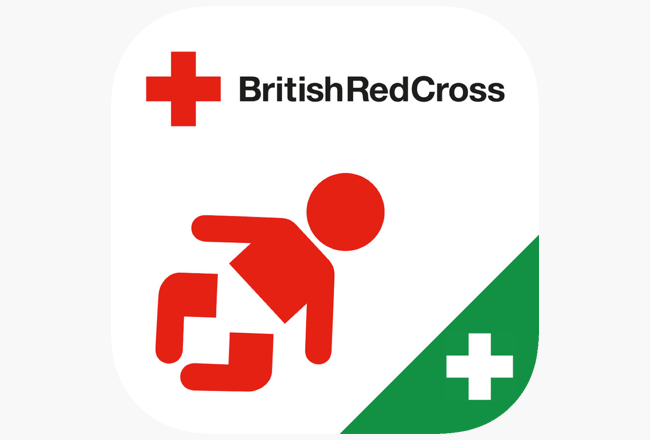Physical Activity Guidelines For Young People
To stay healthy or to improve health, young people need to do 3 types of physical activity each week:
- aerobic exercise
- exercises to strengthen their bones
- exercises to strengthen their muscles
The amount of physical activity you need to do each week is determined by your age.
Guidelines for 5 to 18-year-olds
To maintain a basic level of health, children and young people aged 5 to 18 need to do:
- at least 60 minutes of physical activity every day – this should range from moderate activity, such as cycling and playground activities, to vigorous activity, such as running and tennis
- on 3 days a week, these activities should involve exercises for strong muscles and bones, such as swinging on playground equipment, hopping and skipping, and sports such as gymnastics or tennis
Children and young people should also reduce the time they spend sitting for extended periods of time, including watching TV, playing computer games and travelling by car when they could walk or cycle.
Being active for at least 60 minutes a day is linked to better general health, stronger bones and muscles, and higher levels of self-esteem.
What counts as moderate activity?
Examples of activities that require moderate effort for most young people include:
- walking to school
- playing in the playground
- riding a scooter
- skateboarding
- rollerblading
- walking the dog
- cycling on level ground or ground with few hills
Moderate activity raises your heart rate and makes you sweat. One way to tell if your activity is moderate is if you can still talk but cannot sing the words to a song.
What counts as vigorous activity?
There is good evidence vigorous activity can bring health benefits over and above that of moderate activity. A rule of thumb is that 1 minute of vigorous activity provides the same health benefits as 2 minutes of moderate activity.
There's currently no recommendation on how long a session of vigorous activity should be for this age group. Examples of activities that require vigorous effort for most young people include:
- playing chase
- energetic dancing
- swimming
- running
- gymnastics
- football
- rugby
- martial arts, such as karate
- cycling fast or on hilly terrain
Vigorous activity makes you breathe hard and fast. If your activity is vigorous, you won't be able to say more than a few words without pausing for a breath.
What activities strengthen muscles?
Muscle strength is necessary for daily activities, and to build and maintain strong bones, regulate blood sugar and blood pressure, and help maintain a healthy weight.
For young people, muscle-strengthening activities are those that require them to lift their own body weight or work against a resistance, such as lifting a weight. Examples of muscle-strengthening activities suitable for children include:
- games such as tug of war
- swinging on playground equipment bars
- gymnastics
- rope or tree climbing
- sit-ups, press-ups and other similar exercises
- football
- rugby
- tennis
Examples of muscle-strengthening activities suitable for young people include:
- sit-ups, press-ups and other similar exercises
- gymnastics
- resistance exercises with exercise bands, weight machines or handheld weights
- rock climbing
- football
- basketball
- tennis
Children and young people should take part in activities appropriate for their age and stage of development.
What activities strengthen bones?
Examples of bone-strengthening activities for children include:
- activities that require children to lift their body weight or work against a resistance
- jumping and climbing activities, combined with the use of playground equipment and toys
- games such as hopscotch
- skipping with a rope
- walking
- running
- gymnastics
- dance
- football
- basketball
- martial arts
Examples of bone-strengthening activities for young people include:
- dance
- aerobics
- weight training
- running
- gymnastics
- football
- rugby
- netball
- hockey
- badminton
- tennis
- skipping with a rope
- martial arts
Children and young people should take part in activities appropriate for their age and stage of development.




